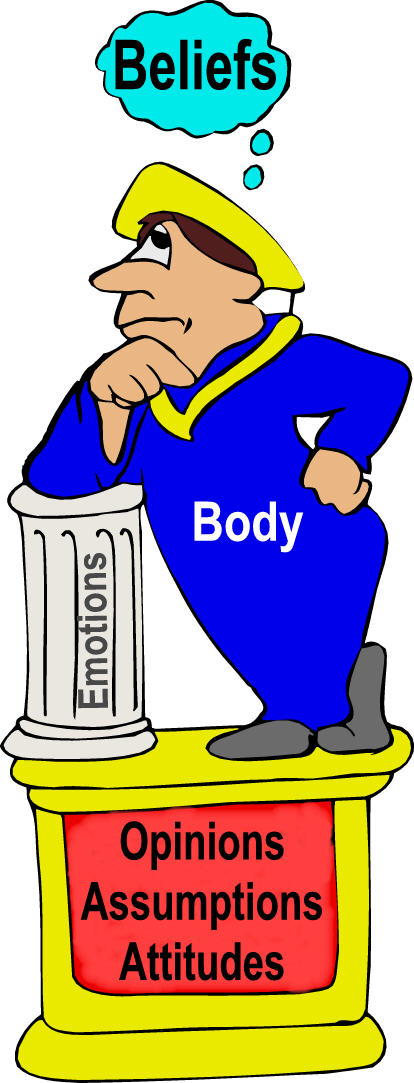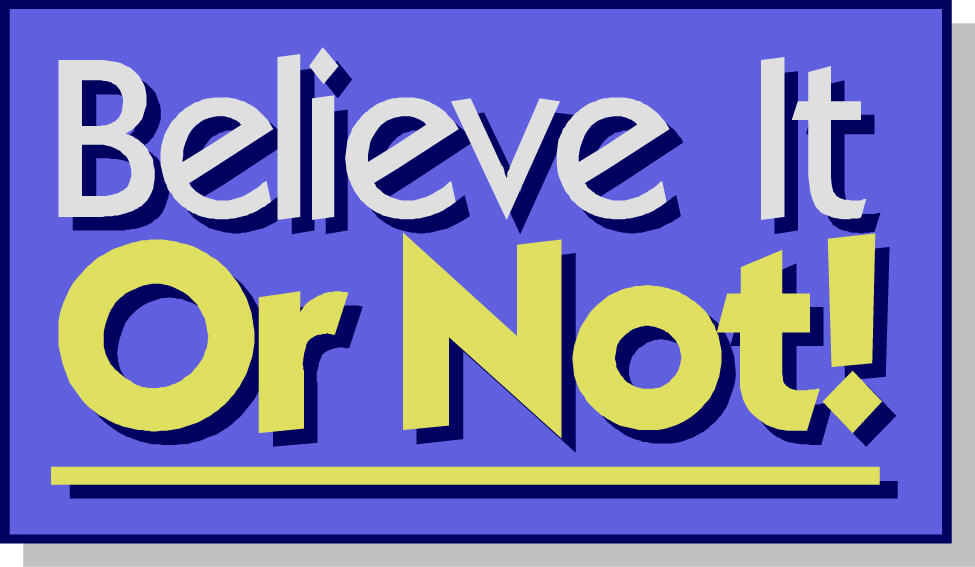
e-HEALING
Why Do You Believe Anything? continued...
By Michael Goodspeed
In the world of medicine, the pervasive mechanistic view of the human body, combined with the savage self-interest of Big Drug companies, has led to the present situation where almost half of all Americans take at least one prescription medication. This might not be so bad, if the FDA were not perfectly content to approve drugs that kill people. After the lid was blown on the Merck/FDA Vioxx scandal, in which untold numbers of Americans died due to FDA's cover-up, Dr. Richard Horton, editor of the highly respected medical journal the Lancet, publicly stated: "In the case of Vioxx, the FDA was urged to mandate further clinical safety testing after a 2001 analysis suggested a 'clear-cut excess number of myocardial infarctions'. It did not do so. This refusal to engage with an issue of grave clinical concern illustrates the agency's in-built paralysis, a predicament that has to be addressed through fundamental organizational reform....with Vioxx, Merck and the FDA acted out of ruthless, short-sighted, and irresponsible self-interest."
Big Drugs' ability to buy important officials is further demonstrated by the case of Sir Richard Doll, a British epidemiologist whom Monsanto paid under the table for more than 20 years. Sarah Boseley, health editor of The Guardian newspaper, writes:
"Sir Richard Doll, the celebrated epidemiologist who established that smoking causes lung cancer, was receiving a consultancy fee of $1,500 a day in the mid-1980s from Monsanto, then a major chemical company and now better known for its GM crops business. "While he was being paid by Monsanto, Sir Richard wrote to a royal Australian commission investigating the potential cancer-causing properties of Agent Orange, made by Monsanto and used by the US in the Vietnam war. Sir Richard said there was no evidence that the chemical caused cancer." See: http://www.guardian.co.uk/science/2006/dec/08/smoking.frontpagenews
Every year, the amount of money drug companies spend on "direct-to consumer advertising" for prescription medications increases, along with their profits. Despite the long list of "potential side effects" enumerated with every sales pitch (which include everything from brain hemorrhages to chemical castration), the campaigns are ridiculously deceptive. Super-fit, attractive actors in their 40's and 50's are shown popping cholesterol and blood-pressure medication, because for them, "diet and exercise aren't enough." In truth, diet and exercise usually ARE enough -- just ask 91 year-old Jack LaLanne -- and the drug companies know this. But lies that are repeated ad nauseam through the mouths of pretty people are easy to believe.
Above, I have enumerated only a few examples demonstrating that it is best to be skeptical of one's own programmed beliefs, no matter how "obviously true" they might seem. Even the habit of brushing one's teeth will come into question for any person who is empowered with all of the necessary information to make an informed choice. The point of this essay is not that one should reject every "official" message (although it is easy in this time and place to reach such a jaundiced viewpoint). Rather, given the ease with which humans, both individually and collectively, can slip into insanity, it cannot be advisable to accept the consensus opinions of others as "truth," no matter how powerful or accredited such people might be.
The word "skeptic" has been terribly misrepresented and abused in recent years. The word literally describes a person who habitually and thoughtfully questions widely accepted beliefs. People who call themselves "skeptics" tend to do this quite rarely -- in fact, most spend all of their time DEFENDING widely accepted beliefs (as long as such beliefs are endorsed by scientific or governmental officialdom), while attacking those who genuinely seek out alternative perspectives. Perhaps the highest goal a human being can have is to become a genuine skeptic, to refine his discernment and expand his base of knowledge using every possible resource available. When one develops the habit of true skepticism, one can unleash the shackles of the world's programming and begin taking his first steps toward an authentic and empowered life.
Michael Goodspeed: Thunderbolts.info
The nature and Formation of Complexes
By Serge King

A belief can be defined as any idea that you accept as true-- an idea that either validates or does not invalidate personal experience. The kahunas treat beliefs as more or less enduring pattern of thought which are literally incorporated, i.e., taken into the body, and which govern or influence all mental and physical behavior. With the exception of behaviorists, nearly all modern psychologies admit the importance of beliefs as factors that influence health and disease. Kroger emphasizes the necessity for changing both attitudes and behavior. Maltz says of the self-image that: “Once an idea or belief about ourselves goes into this picture it becomes ‘true’ as far as we personally are concerned. WE do not question its validity, but proceed to act upon it just as if it were true.’
For the most part, however, the ord belief is used to cover all sorts of ideas, thoughts, opinions, attitudes, etc., without any attempts to differentiate beliefs in terms of the intensity and effects they have. The kahunas make precise distinctions which they feel are vital to the process of treatment from positive change. Dr. Oyle comes close to the kahuna view when he says: “An idea which carries an emotional charge of energy is called an opinion. A rigidly crystallized opinion carries a higher emotional charge and its called a belief.” The kahunas go even further and break down beliefs into three categories: assumptions, attitudes, and opinions. It might be easier to understand the differences if we use the analogy of water. Assumptions can be considered as beliefs which have become crystallized in consciousness, like blocks of ice. They deal with generalities about life and self and are not easily changed. Attitudes are liquified beliefs. They are more easily changed, but change may involve emotional conflict. Opinions are gaseous, like water vapor, easily changed with little emotion. The later kinds of beliefs have relatively little effect on habitual behavior by itself.
Whatever happened to real science?
Just as much of modern science has become self-serving in striving for status and funding, the theory of how science should be done is similarly afflicted. An assessment of a theory based on ‘degrees of belief’ might be useful if scientists didn't routinely ignore, minimize or dismiss falsifying evidence and twiddle the countless knobs on their models to fit new data. The most glaring modern example of such behavior is the rejection of stark evidence of intrinsic redshift of quasars. Big bang cosmology is already lifeless by this assessment but ‘belief’ keeps the corpse warm. While we allow the few scientists who judge the data according to their beliefs to control publication, funding and press releases, real science is dead....
Read more.....




